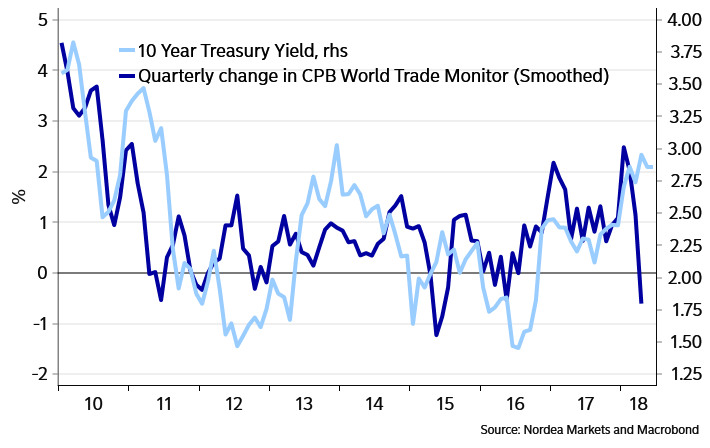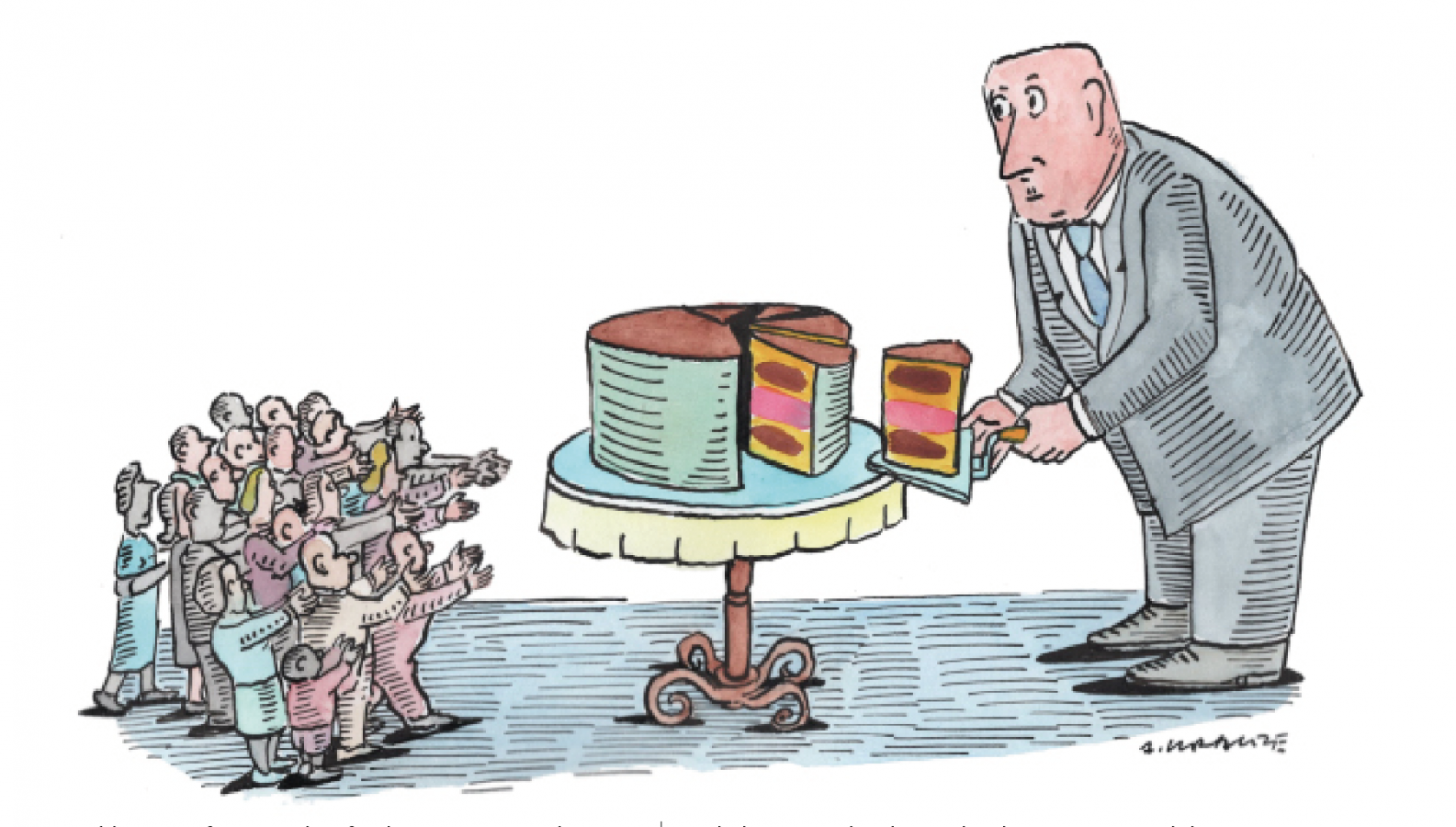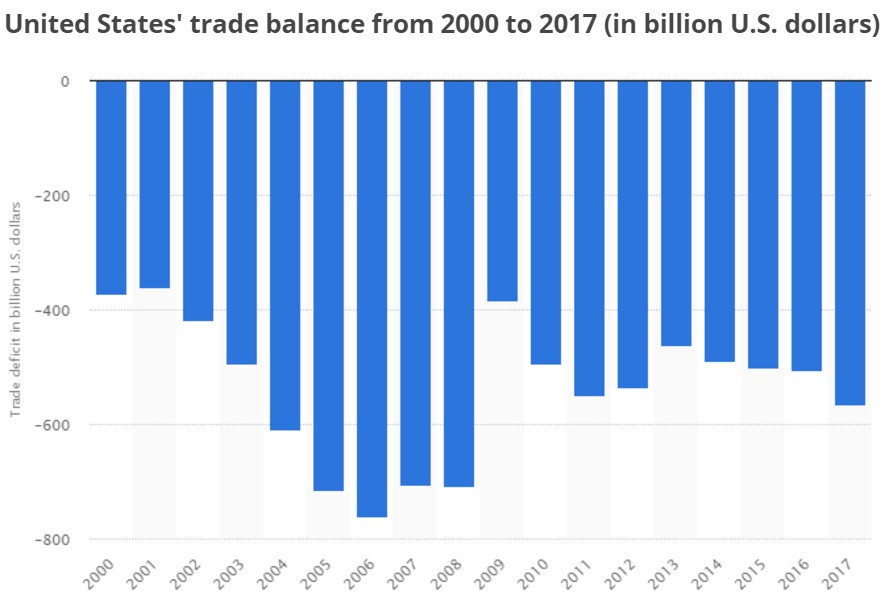The world may be on the brink of a series of trade wars between the United States and both the European Union and China. All the parties say they don’t want this — though President has asserted that trade wars are not a problem and easy to win. That remains to be seen!
It may have become a cliché, but we do live in a global economy. The days of actual or attempted national self-sufficiency are long gone. Even in some of the remaining most underdeveloped countries, multitudes of people walk around with cell phones seemingly glued to their ears, communicating with family, friends and business associates a mile away or on the other side of the world.
The clothes that people wear, the music they listen to, the foods they often eat, many of the everyday goods they buy are frequently imported from other continents or from facilities in their own country or region of the world that are owned and operated by international corporations and companies or their local affiliates that serve everyone, everywhere.
An Interconnected and Interdependent World
Manufacturing supply-chains often zig and zag back and forth from one country or continent to another before the final products are ready to be shipped to and sold at the retail stores where the finished goods are offered to ultimate consumers all over our planet. Raw materials are mined or extracted in country “X,” then shipped for refining in country “B,” after which they are sent off to country “C” as an input or component part for the manufacture of a product in country “D,” and then sent on to country “E” for final assembly and finishing up, followed by being shipped off for sale in multitudes of other countries, including those in which these steps in the worldwide stages of the production process have all been undertaken.
…click on the above link to read the rest of the article…











 Illustration by Andrzej Krauze
Illustration by Andrzej Krauze



